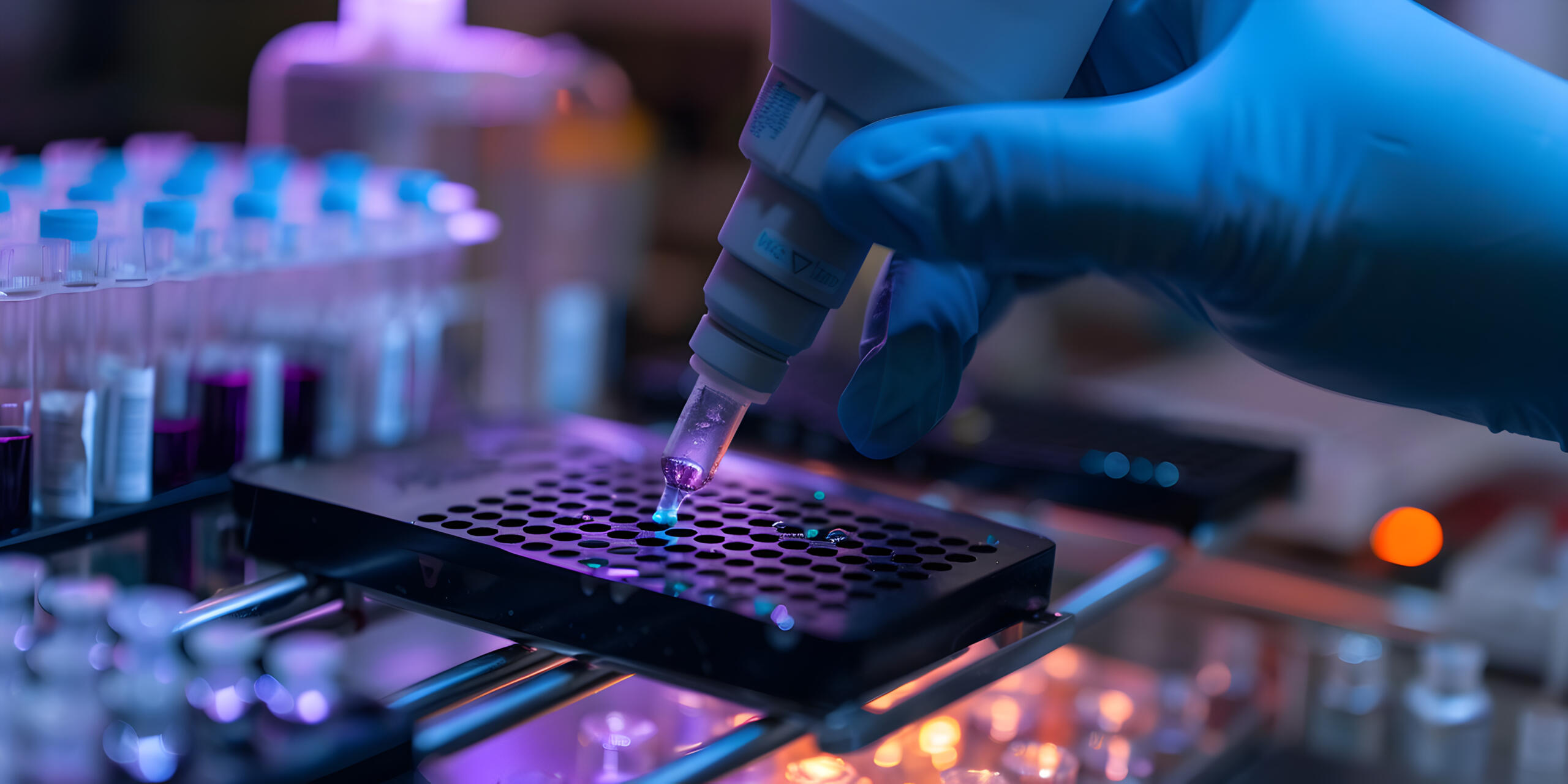Newsletters
The Volpi Voice

Precision and Flexibility: Achieving Success in a Challenging qPCR Module Development
Read on to explore the intricate process behind Volpi's development of a cutting-edge qPCR module. Our project team reveals the unique challenges they faced and the innovative solutions they employed, showcasing Volpi's strengths in delivering tailored, high-quality measurement systems for our clients. Project Team: Karin Ettlin – Project Manager; Peter Dietiker – Senior Test Engineer;…
Read More
From Insight to Foresight: The Evolution of Diagnostic Solutions
This past year has been a milestone in diagnostic advancements, with significant strides in dPCR, multiplex PCR testing, and immunoassay-based detection. As we enter 2024, we are excited to share the emerging trends and technological progress in areas of compact and affordable point-of-care solutions on par with core lab standards and leverage our wet lab…
Read More
The Next Leap in Diagnostic Accuracy and Sensitivity
Our previous newsletters focused on genetic tests based on real-time PCR (read it here) and dPCR (read it here) that can detect and identify a single molecule. In this edition, we will investigate recent progress toward femtomolar sensitivity immunoassays for early disease detection in conversation with our application specialist, Dr. Alexandre Larmagnac. What are the…
Read More
The Role of Multiplex PCR in Reducing Nosocomial Infections and Healthcare Costs
With the advent of rapid “syndromic” multiplex PCR testing, patients benefit from swifter results and shorter hospital stays, minimizing the risk of nosocomial infections and saving thousands in healthcare costs. What's behind this breakthrough, and how can we navigate its challenges? The emergence of “syndromic” multiplex PCR testing has expedited respiratory virus diagnostics, saving time…
Read More
Finding a Needle in a Haystack: Volpi’s Approach To Improving dPCR Testing
Volpi has developed proprietary frameworks and leveraged its expertise in dPCR to address the technical challenges of finding target molecules quickly in a sample. The goal of dPCR is to accurately count the number of partitions that contain the target molecules, but non-uniform target amplification and fluorescence detection system issues can complicate this process. By…
Read More